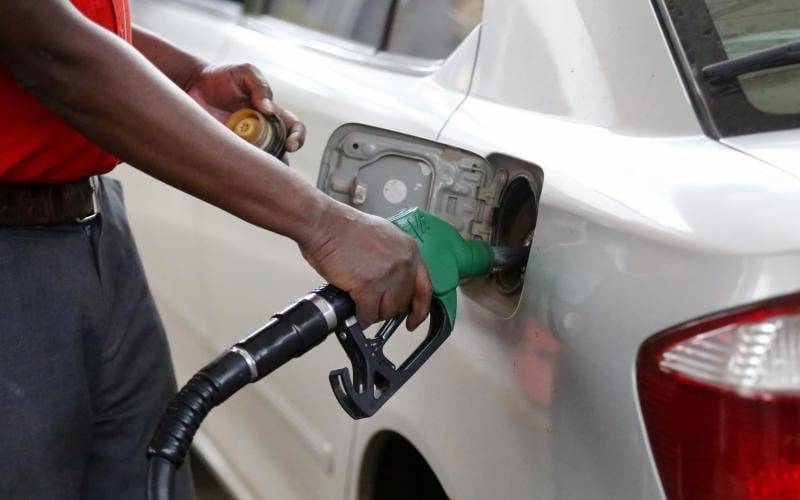×
The Standard e-Paper
Fearless, Trusted News

A man fueling a car at the Petrol Station in Nairobi. [Courtesy]
Kenyans have been wondering why the landing cost of fuel is relatively low, yet the prices they’re paying for the commodity at the filling station is more than double that cost.